
Access restriction imposed by Israeli military in Hebron
Hebron, 17 Rajab 1437/25 April 2016 (MINA) – Palestinian residents of Hebron’s Old City in the southern occupied West Bank are bracing for a renewed myriad of severe restrictions enforced by the Israeli military during this year’s Jewish Passover holiday, locals said Sunday.
Director of the Old City’s Ibrahimi Mosque, Hifthi Abu Sneina, told Ma’an the Israeli authorities notified the mosque administration that the holy site would be closed to Muslim worshipers Monday and Tuesday for the holiday.
Hebron resident and prominent activist Issa Amro said Palestinian locals were preparing for a total lockdown by the Israeli military as thousands of Israelis plan to visit the holy site during Passover.
Over the past few days, Palestinians living in the Old City were forced to register with the Israeli authorities once again in order to gain passage through the matrix of military checkpoints in the area, Amro told Ma’an.
Also Read: June Becomes Deadliest Month for Israeli Soldiers, 20 Killed in Gaza
Palestinians were already made to register in November after the Israeli military declared the majority of the Old City and surrounding areas a closed military zone, unable to either leave or access their homes without identification numbers newly-issued by the Israeli authorities.
While designation of the closed military zone has been extended on a monthly basis since, Amro told Ma’an that Israeli forces have been less strict in enforcing movement restrictions on Palestinians over the past two months, and are likely to double down on alleged security measures against locals through the Passover holiday.
“There will be a lot of detentions, and a lot of Palestinian families will be unable to access their homes,” Amro anticipated.
Amro said Israeli soldiers over the past few days prepared a route intended for travel by Israeli settlers visiting holy sites, and Israeli flags were hung for Passover visitors, blanketing the occupied city.
Also Read: Israeli Court Postpones Netanyahu Corruption Trial
“Passover for Jews means freedom and justice,” Amro told Ma’an. “Unfortunately for us [Palestinians] it means curfews, restrictions, discrimination, detentions.
“Thousands of Israeli visitors from all over will reach the Old City and the settlements, while Palestinians are under total closure,” Amro said.
“To see Israeli officials from Israel and settlers in Hebron during Passover, this is a symbolic move. They want Hebron to be part of Israel,” Amro said.
Ongoing Restrictions
Also Read: Knesset Members Accuse Netanyahu of Using Gaza War to Halt Corruption Trial
Severe restrictions for Palestinians — including denied access to the Ibrahimi Mosque — are typically implemented by the Israeli authorities during Jewish holidays for alleged security purposes.
The mosque, believed to be the burial place of the prophet Abraham, is sacred to both Muslims and Jews and has been the site of oft-violent tensions for decades.
An Israeli army spokesperson told Ma’an that the closure of the Ibrahimi Mosque to Muslim worship fell in line with “status quo agreements regarding freedom of religion” for the area.
The holy site was split into a synagogue — known to Jews as the Cave of Patriarchs — and a mosque after US-born Israeli settler Baruch Goldstein massacred 29 Palestinians inside the mosque in 1994.
Also Read: At Least 26 Palestinians Killed in Israeli Strikes Across Gaza
Since the split, Muslim worshipers have been denied access to the site during Jewish holidays and vis versa in effort to prevent violence from erupting at the holy site. Located in the center of Hebron — the largest city in the occupied West Bank — the Old City was also divided into Palestinian and Israeli-controlled areas at the time, known as H1 and H2.
Some 800 notoriously aggressive settlers now live under the protection of the Israeli military in the Old City, surrounded by more than 30,000 Palestinians.
While Israel claims to abide by peace agreements regarding the area — including those pertaining to religious freedom — the international community has repeatedly slammed Israel for so-called draconian measures carried out against Palestinians.
In addition to severe restrictions on movement that apply to Palestinian residents and not Israeli settlers living illegally in the area, the Israeli military has historically hindered regular religious activity at the Ibrahimi Mosque, with Israeli forces banning the Muslim call to prayer at the mosque 51 times in March alone.
Also Read: Armed Israeli Settlers Destroy Palestinian Farmland in Masafer Yatta
Israeli forces have also implemented increased security measures in other areas of the occupied Palestinian territory for this year’s Passover holiday, with increased presence in occupied East Jerusalem’s Old City. (T/R07/R01)
Mi’raj Islamic News Agency (MINA)
Also Read: 580 Killed, Over 4,200 Injured as Israel Targets Aid Seekers








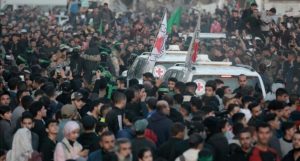
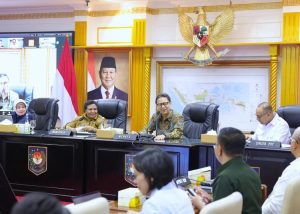
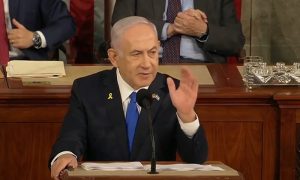
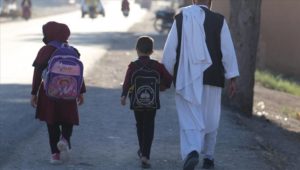
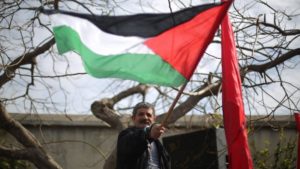
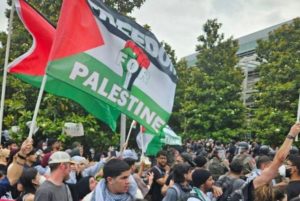
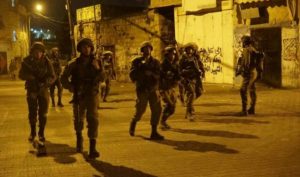

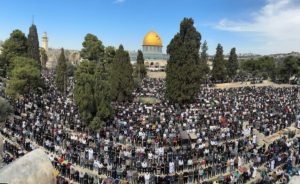
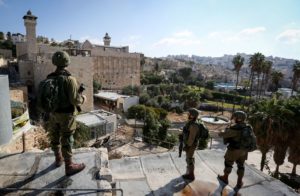
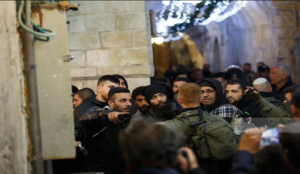



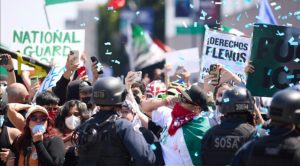
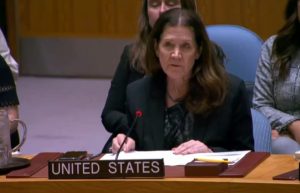
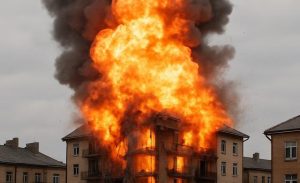
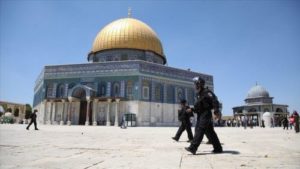
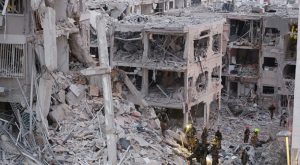
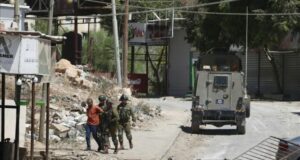
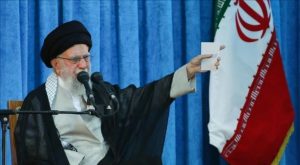
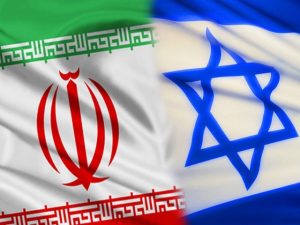

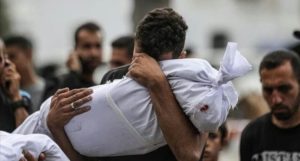



 Mina Indonesia
Mina Indonesia Mina Arabic
Mina Arabic